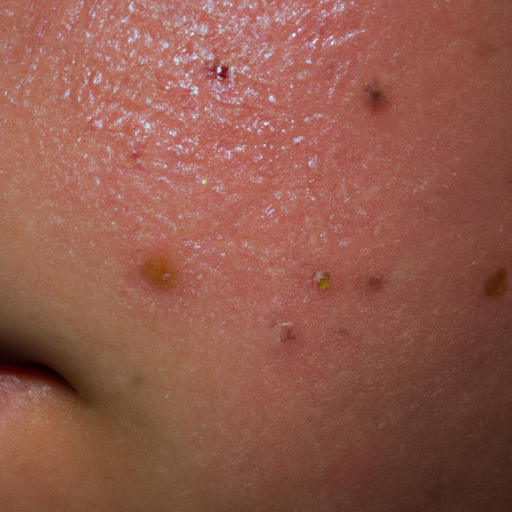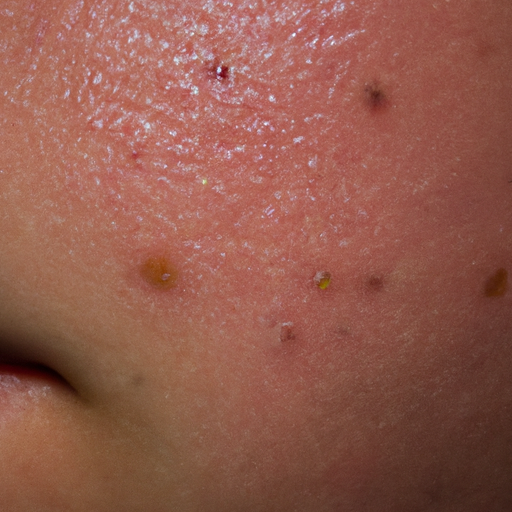Acne, a common skin condition that affects millions of people worldwide, is often misunderstood and misdiagnosed. This article aims to unmask acne, delving deep into its symptoms and causes, in order to provide a comprehensive understanding of this skin condition.
Acne is primarily a disorder of the pilosebaceous units (PSUs), which are structures in the skin that consist of a hair follicle and its associated sebaceous gland. These units are most numerous on the face, upper back, and chest, which explains why acne is most common in these areas.
The primary symptoms of acne include whiteheads, blackheads, and pimples. Whiteheads are closed plugged pores, while blackheads are open plugged pores. Pimples are pus-filled papules that can be painful when touched. In severe cases, hard, painful lumps under the skin (nodules) or larger pus-filled lumps (cystic lesions) may develop.
The severity of acne can vary greatly from person to person. Some people may only experience a few pimples, while others may have widespread outbreaks. It’s also worth noting that acne can cause emotional distress and lead to scarring of the skin.
Now, let’s delve into the causes of acne. Acne occurs when the PSUs become blocked with excess sebum (an oily substance produced by the sebaceous glands to lubricate the skin and hair) and dead skin cells. The bacteria Propionibacterium acnes (P. acnes), which is normally present on the skin, can then multiply within the blocked PSU, leading to inflammation and the formation of a pimple.
There are several factors that can trigger or worsen acne. These include hormonal changes, certain medications, diet, and stress. Hormonal changes, such as those that occur during puberty or pregnancy, can cause the sebaceous glands to produce more sebum. Certain medications, such as corticosteroids, lithium, or testosterone, can also worsen acne.
While the link between diet and acne is still somewhat controversial, some studies suggest that consuming a diet high in refined carbohydrates or dairy products may be linked to acne. Stress doesn’t cause acne, but it can make it worse. When you’re stressed, your body produces more hormones that stimulate oil production, which can lead to more acne.
It’s important to note that acne is not caused by dirt. In fact, scrubbing the skin too hard or cleansing with harsh soaps or chemicals can irritate the skin and make acne worse. Similarly, despite popular belief, greasy foods and chocolate have not been shown to directly cause acne.
In conclusion, acne is a complex skin condition that is caused by a combination of factors, including overactive sebaceous glands, blockage of the PSUs, and inflammation caused by P. acnes bacteria. While certain factors such as hormonal changes, certain medications, diet, and stress can trigger or worsen acne, misconceptions such as dirt or certain foods causing acne should be debunked. Understanding the symptoms and causes of acne is the first step towards managing this common skin condition.




